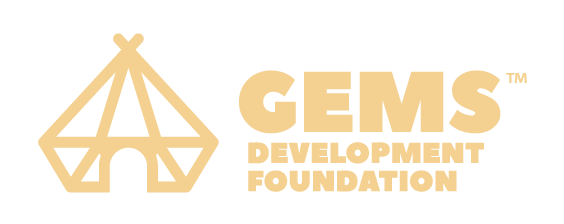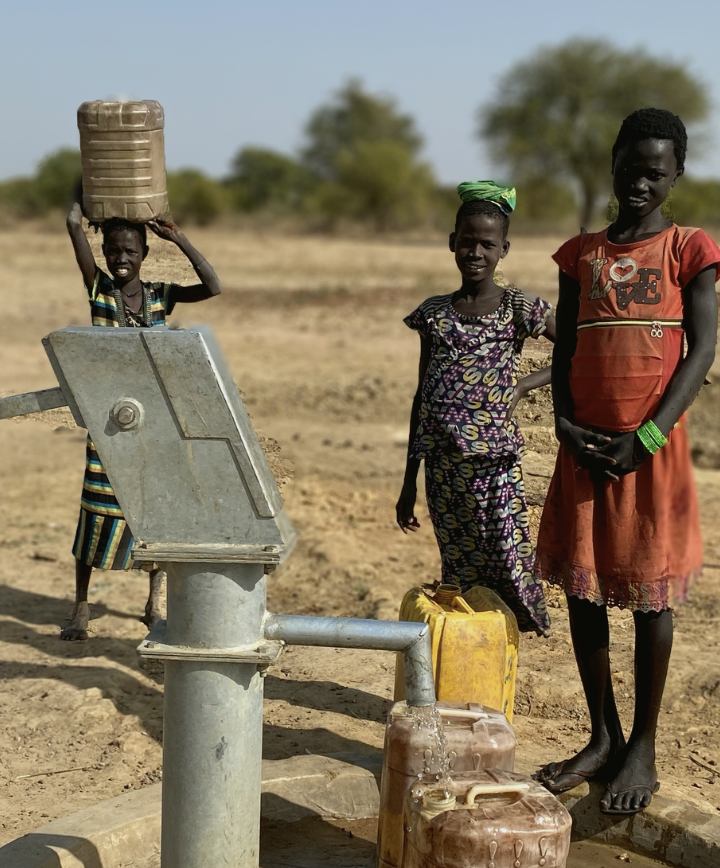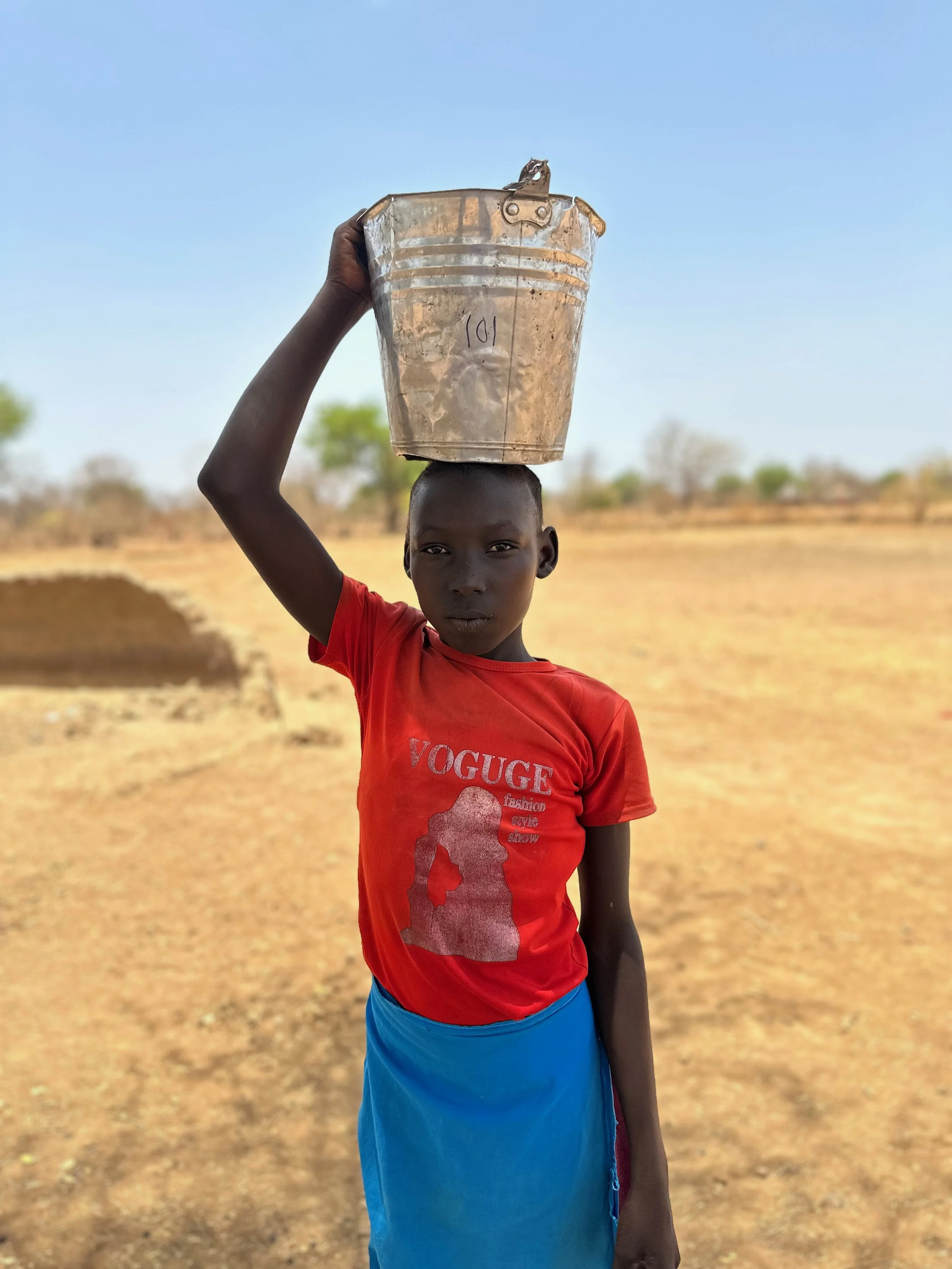The Impact of a Village Well on a Child’s Health and Education in South Sudan
South Sudan, the world’s youngest nation, is grappling with numerous challenges, including civil unrest, economic instability and a lack of basic amenities such as clean water and infrastructure. But there is a single resource that has an amazing transformative power and positively impacts many aspects of life in South Sudan- a village well.
Access to clean water in South Sudanese villages has a direct and significant impact on children’s health and education. The availability of clean water significantly reduces the risk of waterborne diseases such as cholera, typhoid, and dysentery, which are prevalent in South Sudan. According to a World Health Organization report, the introduction of a well in the South Sudanese village Wau led to a 60% decrease in waterborne diseases among children. This improvement in health translates into fewer school absences, enabling consistent learning and better education outcomes.
The proximity of a village well reduces the time and effort children, particularly girls, spend on water collection. In many South Sudanese communities, girls are traditionally tasked with fetching water, often from sources several kilometers away. This arduous task not only exposes them to potential dangers but also robs them of valuable time that could be spent on education. However, Unicef reports that wells installed in local villages resulted in a 30% increase in school attendance among girls. GEMS Development Foundation wants to help this progress continue.
The impact of a village well cannot be overstated. Your donation to a well provides not only clean water but is a crucial step towards achieving educational equity and breaking the cycle of poverty in South Sudan.


